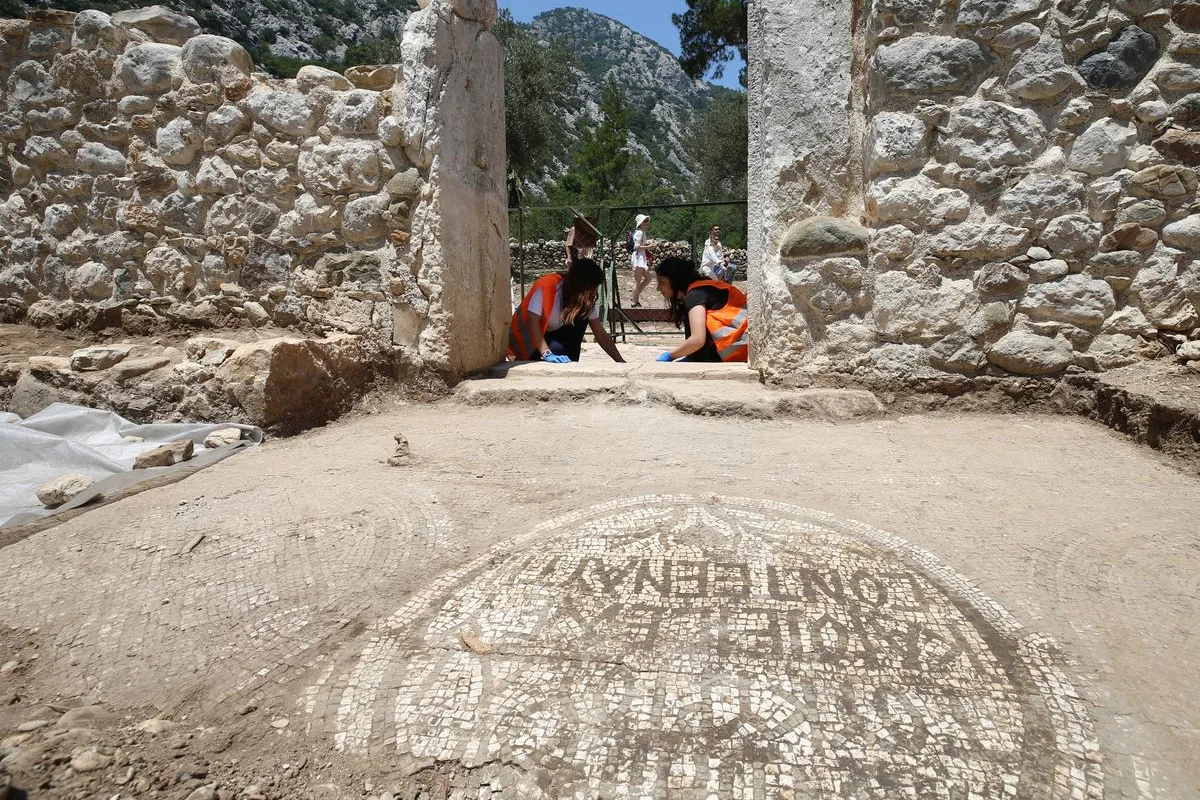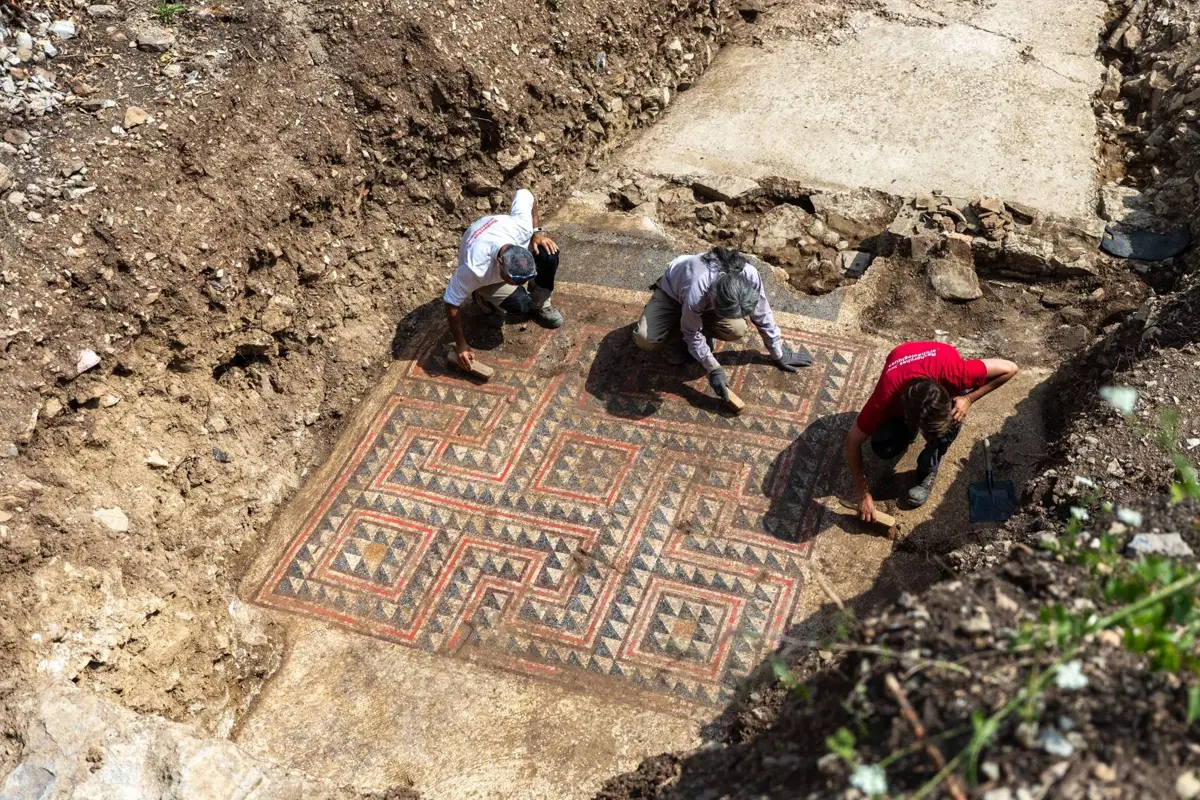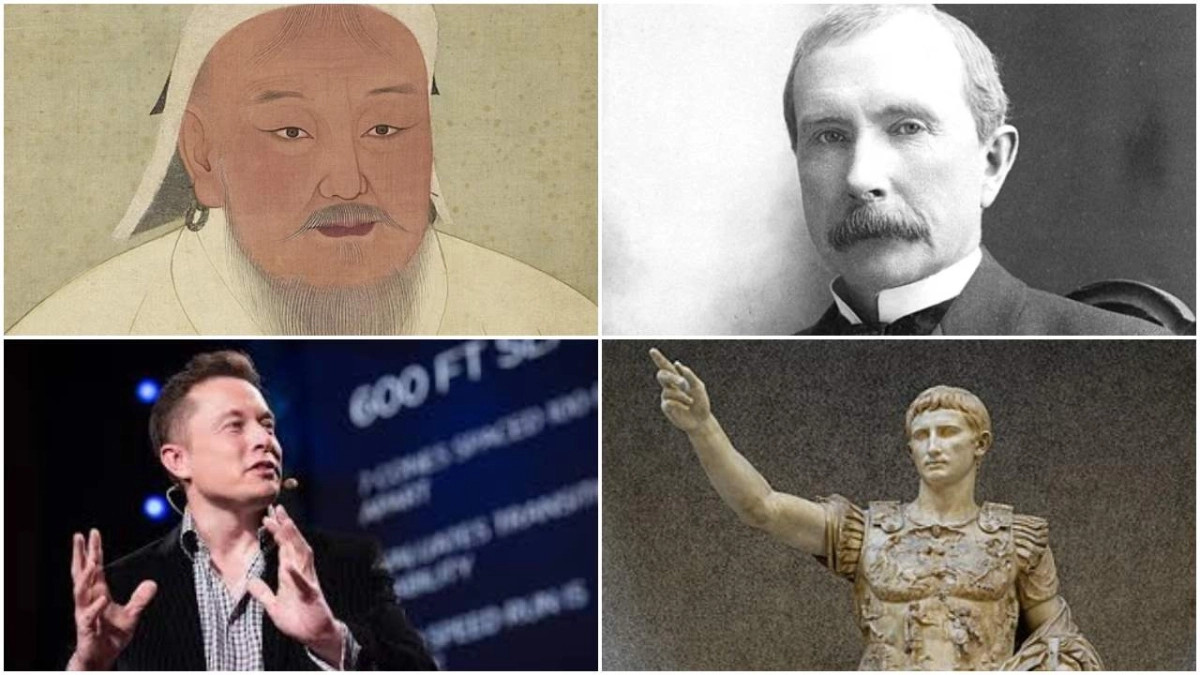A team from the French Institute of Oriental Archaeology has made a groundbreaking discovery at the ancient site of Abu Rawash, located approximately 15 miles northwest of Cairo. The archaeologists uncovered the nearly intact remains of a solar boat dating back to the reign of Pharaoh Den of Egypt’s First Dynasty (circa 2975–2935 B.C.).
The solar boat, a significant artifact of ancient Egyptian funerary practices, measures approximately 20 feet in length and five feet in width. It is composed of 11 planks of locally sourced wood, remarkably well-preserved due to the arid conditions of the surrounding desert.
Solar boats held profound symbolic and religious importance in ancient Egypt. They were believed to transport the deceased pharaohs across the sky with the sun god Ra in the afterlife, facilitating their eternal journey. The discovery of such a vessel offers valuable insight into the early technological and spiritual practices of one of history’s most influential civilizations.
The Abu Rawash site has long been recognized for its archaeological significance, containing remains linked to Egypt's early dynastic period and its pivotal role in shaping the nascent Egyptian state. This latest find adds to the growing body of evidence of sophisticated craftsmanship and ritualistic devotion during the era.
The excavation team is currently conducting further analyses of the boat, including detailed studies of its construction methods and wood composition. These findings will contribute to a deeper understanding of First Dynasty funerary practices and shipbuilding techniques.
This discovery underscores the enduring power of Egypt’s desert sands to safeguard treasures of the past, offering scholars and the public new opportunities to explore the ancient world.







